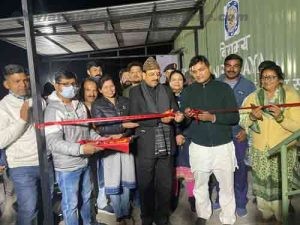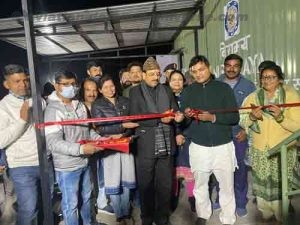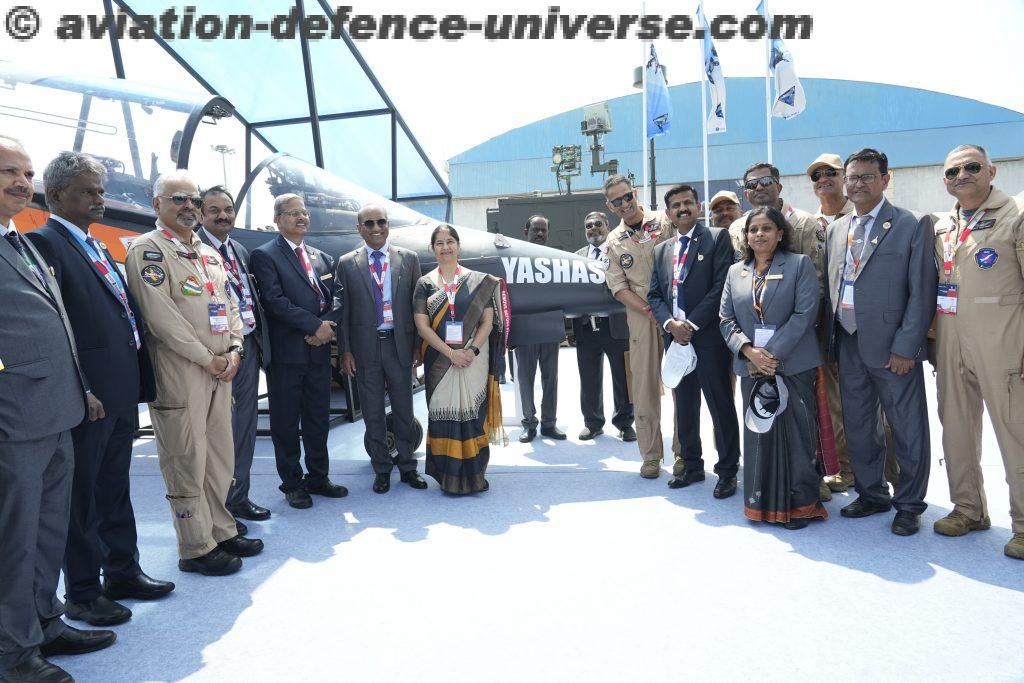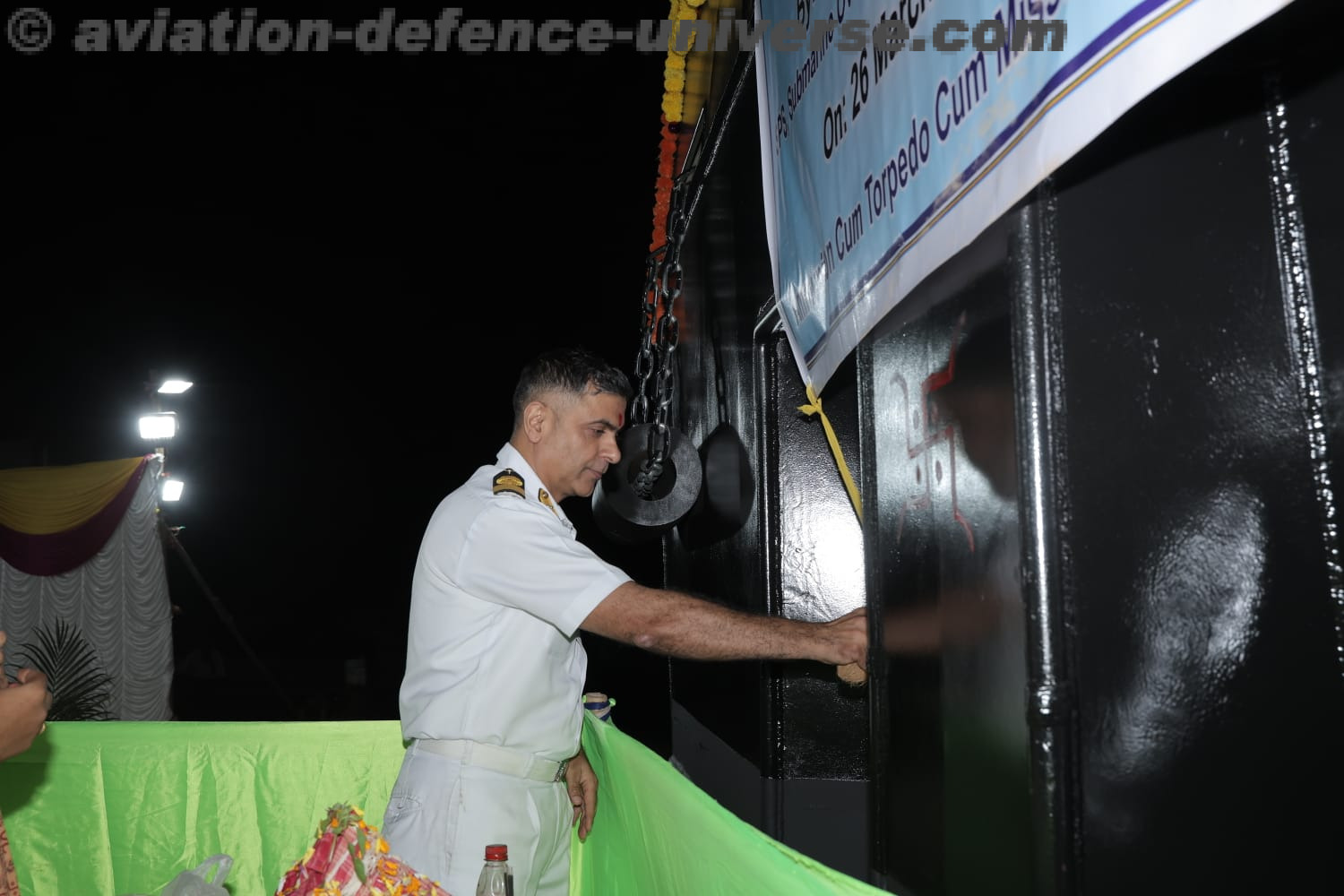- Inaugurates the first container-based BSL – III facility of Uttarakhand

New Delhi. 26 December 2021. Ajay Bhatt, visited DRDO’s Defence Institute of Bio-Energy Research (DIBER) laboratory, Haldwani and its Field station Pithoragarh, Uttarakhand. He reviewed the progress of various Research & Development efforts by DIBER. The efforts of DIBER to generate energy from Pine Forest waste, are directed towards finding solutions for space heating and electricity generation in remote areas where grid supply is frequently interrupted due to adverse climatic conditions. Since pine forest waste causes thousands of forest fire incidents; utilization of pine forest waste towards energy generation is a win-win situation.
The Biodiesel prepared by DIBER, is matching IS 15607 standards. It has been rigorously tested, found suitable and recommended in Army vehicles and Gen Sets at a blend of 20% in Petro – diesel. Another mission mode activity of DIBER is to transfer advanced technologies for cultivation of native and exotic vegetables to farmers located in remote border villages of Uttarakhand. More than 4,000 farmers are registered with DIBER and are being benefited. The enhanced income and socio-economic status are understood to have long term effects on curtailing migration from borders.
Ajay Bhatt highly appreciated the Hydroponics (soilless cultivation) and suggested to spread this technology in those areas where cultivable land is in scarcity. The herbal medicine produced by DIBER for treating leukoderma has already been used by nearly one lakh patients. He urged that this medicine should reach to the larger population for benefit of mankind.

The technology to grow Ophiocordyceps, an endangered high value medicinal mushroom, by tissue culture, has far-reaching implications in providing nutritional benefits to larger population and also in improving the economy.
He also inaugurated Container-based BSL-III facility at Haldwani. This is the first container-based BSL-III facility of Uttarakhand. Being a container-based facility, it can be easily deployed in hills, wherever there is a space crunch. The capacity of the facility is 96 samples per shift. This facility operates at negative pressure and therefore, offers higher protection to the frontline health workers.





















































































































